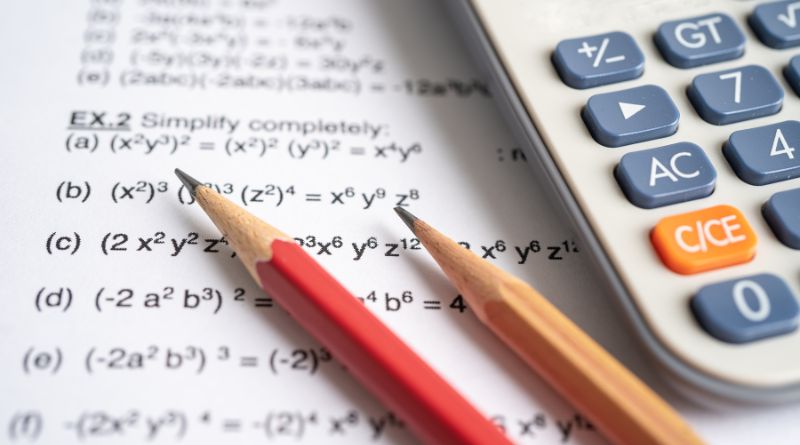Mathematics is not a complex subject if you study it with a proper and simple understanding. As you all know, there are basically four operations in maths that are Addition, Subtraction, Multiplication, and Division. So what does product mean in math? The answer to this question is ‘multiplication’.
Making it more simple, let’s understand this with an example. So you have some money, let it be 500, and you want to buy two books worth 200 each. The total amount of books can be calculated by performing addition. However, you can calculate the remaining amount by subtraction.
Further, if you have pocket money of 100 a week, and you have to count the total amount you collect in 4 weeks. In this case, you need to multiply 100 by 4. And lastly, if you need to spend the amount of 100 in 4 days and calculate each day’s amount, you have to divide 100 by 4.
What does product mean in math?
A very brief introduction to the question, what does product mean in math is simply the multiplication, i.e., the third scenario in the example mentioned above.
When you need to calculate the total money you have in 4 weeks with pocket money of 100 each week, here’s how you do it:
100×4 = 400
This question can arise in your mind how did it happen? Don’t worry! We’ll let you know.
Product is repeated addition; when you need to multiply 100 by 4, you add 100 four times.
100 + 100 + 100 + 100 = 400
Simplifying, 100 + 100 + 100 + 100 = 4 times 100 = 4 × 100 = 400
In the statement, 100 × 4 = 400, 100 is the Multiplicand, 4 is the Multiplier, and 400 is the Product.
It is how the product is calculated.
Properties of multiplication
There are 4 different properties for multiplication: Commutative, Associative, Multiplicative, and Distributive.
Commutative property – This property says, if you exchange Multiplicand and multiplier, the product remains the same, i.e., a×b = b×a, for example,
100 × 4 = 4 × 100 = 400
Associative property – This property says, when you multiply three numbers together whatever the sequence is, it gives same product i.e. a × (b × c) = (a × b) × c, for example,
100 × (4 × 2) = (100 × 4) × 2
= 100 × 8 = 400 × 2
= 800
Identity property – This property says, if you multiply any number in the universe with the number 1, it gives you the same number in the result, i.e., a × 1 = 1 × a, for example,
4 × 1 = 1 × 4 = 4
Distributive property – This property says, when you multiply a sum of two numbers with a number, you can first multiply each number with the multiplier and then add both results i.e. a × (b+c) = a×b + b×c, for example,
100 × (2+4) = 100×2 + 100×4
= 100 × 6 = 200 + 400
= 600
One special case for zero
When 0 is the multiplier or a multiplicand, the product is always equal to 0, i.e., 0 × a = a × 0 = 0
For example, 2 × 0 or 0 × 2 will always result in 0.


